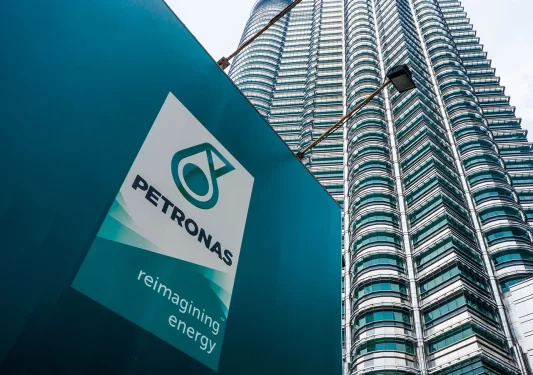THE Bursa Malaysia stock exchange grew slightly higher by 0.7% with an overall market capitalisation of RM1.71 tril in 2019 from RM1.7 tril in 2018, the Securities Commission (SC) said.
“This was despite the challenging external environment with heightened headwinds mainly from the ongoing US-China trade tensions and weaker global growth,” the regulator said in its 2019 Annual Report.
While the FBM KLCI moderated in 2019, some segments in the broader domestic equity market gained significant traction, partly reflecting a shift in investors’ preference, SC said. “This occurred as sentiments swayed in favour of constituents with better valuation and corporate earnings prospects, particularly in the small and mid-cap segment.”
The benchmark FBM KLCI declined by 6% yoy to close the year at 1,588.76 points versus a drop of 5.9% yoy to 1,690.58 points in 2018. The decline in 2019 was influenced by event-driven volatility in sentiments as well as subdued corporate earnings, which continued to be a pressure point on the benchmark index, SC said.
Additionally, the FBM KLCI was also weighed down by major counters subjected to key policy adjustments in 2019, aimed at longer-term improvement, it added.
But non-FBM KLCI components in the equity market performed favourably in 2019. The SC observed that this clutch of listed companies registered higher growth despite the challenging external headwinds, as improved earnings outlook drew investor interest into this segment.
The FBM MidS, FBM Small Cap and FBM ACE indices increased at robust double-digit rates of 32% yoy, 25.4% yoy, and 21.1% yoy respectively in 2019.
“The significant growth in small and mid-cap indices was mainly driven by the energy, construction, and technology sectors, which benefited from stronger fundamentals and better valuation prospects of their key companies during the year,” the SC said.
Excluding the FBM KLCI components, the energy sector specifically recorded the largest increase, rising by 50.7% yoy (2018: -17.3% yoy), while the construction sector increased by 47.9% yoy (2018: -46.0% yoy), owing partly to the revival of public projects by the government, the regulator added.
The technology sector, in turn, rose by 37.5% yoy (2018: -9.32% yoy), “benefiting from the 5G network rollout, higher global smartphone shipments, and potential trade diversion stemming from the ongoing US-China trade war,” SC said. — April 16, 2020









